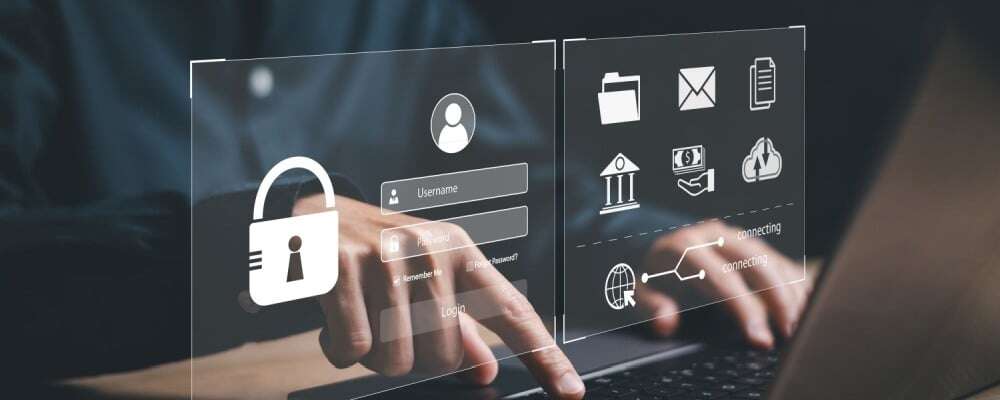Property Management
A chargeback occurs when a tenant disputes a charge on their credit card statement, often as a result of not receiving the service they paid for.
This can be a huge setback for property managers, who may end up losing the money charged to the tenant, and in the long run, experience financial setbacks.
Here are four tips to help you avoid chargebacks altogether. But first, for new landlords and property managers, here is a quick look at what chargebacks are and why they occur.
What are chargebacks?
In the e-commerce or online shopping world, merchants encounter chargebacks when a customer disputes a credit card purchase and gets their money back. It is also known as a credit card reversal. This can happen if the customer claims that they never made the purchase or if they claim that the product was defective or not delivered as promised.
Under FCBA (Fair Credit Billing Act ), consumers can dispute charges that they believe are fraudulent or erroneous on their credit cards.
Some of the errors that are applicable under FCBA include:
- Being charged twice by the merchant for the same item
- A fraudulent transaction made by someone else using their credit card information
- Being charged for a purchase that was not made
In the case of property management, chargebacks are typically linked to application fees and rent payments.
In other words, rent payment chargebacks are a result of a tenant paying their rent online with a credit card and then canceling the transaction. The funds are forced back to the renter by the bank because the renter claims that the rent transaction was fraudulent. The landlord will not receive the funds for that month's rent and will be charged a fee by the credit card company.
This process holds the property manager or landlord accountable, despite their taking steps to verify the transaction.
Why chargebacks occur
Rental payment chargebacks are a common occurrence in the rental industry. Although the causes behind chargebacks are diverse, here are some of the most common ones.
Disputes: The tenant may dispute the transaction if they believe the charge was unauthorized or if the rental property was damaged prior to their occupation. In the latter case, the renter may claim that they were not informed of this damage before the payment was made.
Renters can also issue a chargeback if they do not receive their security deposit back at the end of the contract. A chargeback can also occur if renters believe they were overcharged by the property managers for damages.
Rejection of an applicant: One of the common scenarios is when an applicant uses their credit card to pay the application fees. As part of the tenant screening process, property managers conduct a background check and order credit reports. However, the applicant's past is not up to standard - for example, they have been late once or twice with payments in the past – so they are denied the apartment.
The applicant who has been denied the apartment notices the charge related to their application fee on their credit card statement that they receive a month later. They call their bank and report it as a fraudulent charge. It is also possible that they have applied for multiple rental properties and have genuinely forgotten about this particular application fee.
Charges are not recognized: At times, student housing/younger residents pay their rent using the credit card of a family member. The credit card owner (father, mother, grandmother or sibling) may not recognize the charge, resulting in their filing for a fraudulent charge.
Couples break up: If a couple breaks up and one of them moves out, the other can make use of the ex's credit card information to pay the rent. The ex, in this case, can decide to file the charge as fraudulent.
Freeloaders: Many times, tenants who cannot afford the rent because of a job loss or other reasons use credit cards to pay rent. After staying for most of the month, they move out and file for a chargeback.
4 apartment tips to protect against chargebacks
#1: Be prepared with documents
The credit card owner can issue a chargeback for up to 120 days post the transaction. Once the chargeback is issued, the property manager/landlord needs to respond within 45 days.
However, this timeline and rules can vary based on the credit card company (Visa, Discover, American Express, or MasterCard).
In this case, property managers can take steps to prove the transaction was not fraudulent by submitting the relevant documents. Make sure you have the original and photocopies of these documents:
- Rental agreement
- Renter identification (social security number and driver's license)
- Credit reports
- Resident letters
- Tenant's authorization letter
Smart property managers rely on cutting-edge document management systems that streamline storage and access to important rental property documents.
For instance, ExactEstate's property management software allows you to store files on both past and current tenants. This makes it easy for you to track down contracts, leases, applications, and agreements in quick time and submit them as proof of valid transaction.
#2: Get the tenant's written authorization for e-payments
An effective way to protect against chargebacks is to require your tenants to sign a clause stating they permit online payment authorization. This can serve as an added security against chargebacks.
You can also use a secure online payment portal that keeps a record of payments and enables an Auto-Payment feature. As tenants get a quick view of their balance or rent due, you can minimize any misunderstanding on the credit card charges and in turn, the risk of chargebacks.
#3: Ensure the tenants know about your no-refund policy
When there is a chargeback issued, the credit card company asks for evidence from property managers that shows the tenant was aware of the no-refund policy.
Communicate with your residents and ensure they are aware of your no-refund policy for application fees, and get their signature on a document that clearly states the same.
To avoid chargebacks due to roommate/couples disputes, take signatures from each person living in the rental units. Acquire signatures from even those living in the unit "temporarily."
#4: Screen your tenants
Many times the chargebacks are fraudulently filed. To avoid this, ensure you conduct a thorough background check and screen your tenants prior to approving their application.
A modern tenant screening system such as the one offered by ExactEstate helps you get detailed reports on your prospects' criminal history, credit reports, and past eviction history. The built-in tenant screening tool helps you avoid chargebacks and expensive evictions down the line.
Besides, ExactEstate's online application tool enables potential tenants to complete and submit their applications online. The standardized applications help you capture consistent, key criteria that improve the accuracy of your decision-making. What's more, with the automated validation system, you can rest assured your prospect's Social Security Number and other key data are valid.
Schedule a demo
Property managers can avoid the risk of chargebacks by implementing these few simple steps outlined in this article.
By using ExactEstate property management software, for example, managers can easily handle online payments and tenant screening. This can help reduce the chances of chargebacks and keep business operations running smoothly.
To learn more about how to avoid these risks and streamline property management, contact ExactEstate for a demo.






